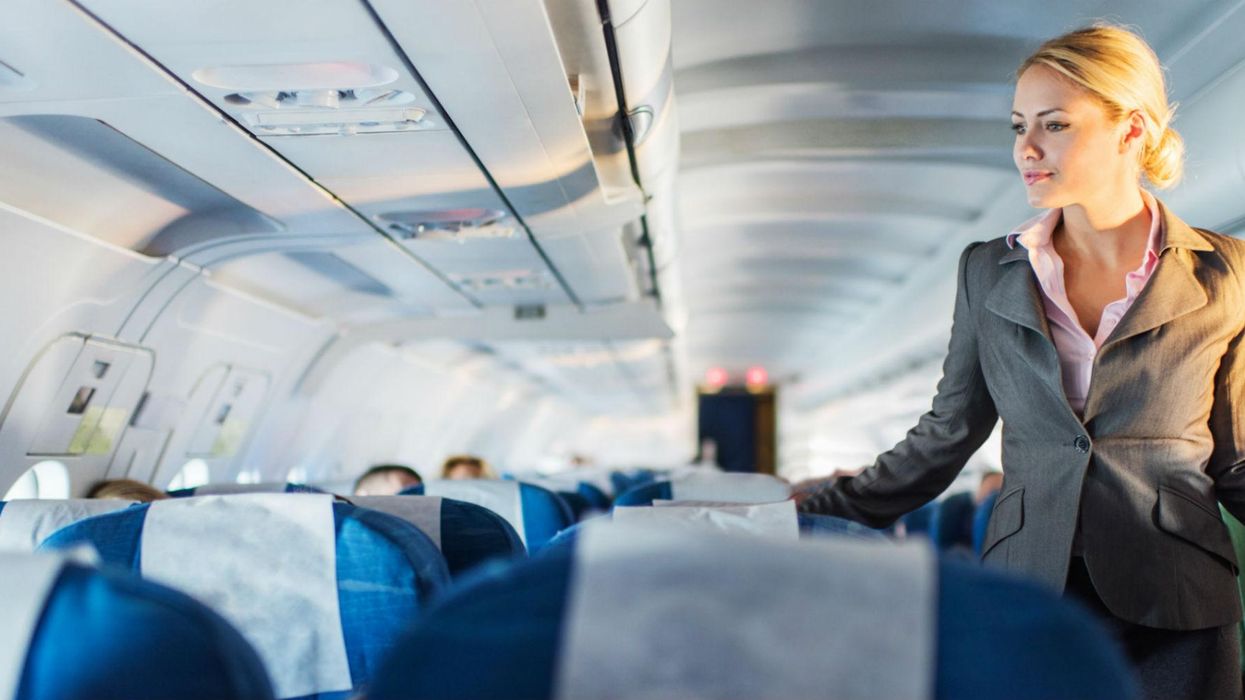
The urge to queue up an hour before the gate opens is hard to resist.
Anxiety about being trapped at the back, close to the airplane toilets, is a strong reason for you and your family to shove your way through the departure lounge like you're boarding the last chopper out of Saigon and not an Airbus to Rhodes.
For spendthrift travellers getting priority boarding can come with a hefty price tag, but it buys you the piece of mind that you will be on first.
However, a new study suggests that getting on a plane early before take off can make you more likely to become unwell.
Researchers at Arizona State University (ASU) studied how long it would take for Ebola to spread on an airplane if one passenger had the disease, and modelled how to minimise the risk of infection.
They found that zone boarding or priority boarding from one end of the plane, seating passengers in first class, then the middle, then the rear, is the worst method for containing a disease.
This is because all the passengers seated at the back, will have to walk through all of the passengers already in their seats.
Therefore the further back in a plane a patient with Ebola has to walk from the front, the more people they will pass and possibly infect.
Co-author of the study, Anuj Mubayi, an Assistant Professor at the School of Human Evolution and Social Change, told ASU Now
Surprisingly, changing policies - even those as simple as boarding patterns - can have a significant impact on the global spread of an infectious disease.
The study recommended boarding all passengers at once from both ends of the plane, half at each end, would reduce the chance of passenger contact and risk of infection from 67 per cent to 40 per cent.
It also suggested using smaller aircraft, of fewer than 150 seats during an outbreak.
According Mubayi, these suggestions have been sent to the government and airlines.
More: The reason plane windows never line up has nothing to do with safety













